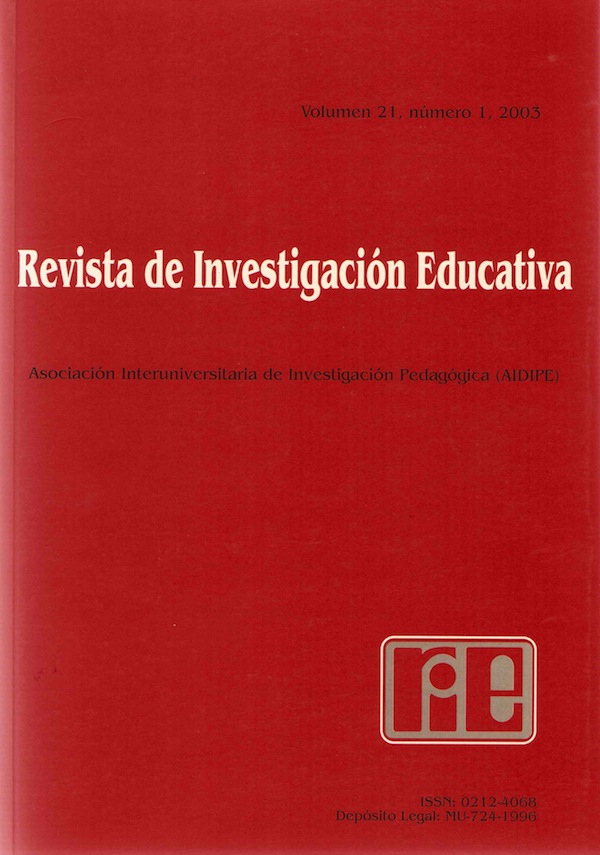Educación emocional y competencias básicas para la vida
Abstract
Emotional education is an educational innovation which has as an objective to answer to the social needs not attended into ordinary education. The foundations of emotional education can multiple intelligence theory, emotional intelligence, flow, progressive education movement, psychological education, health education, social skills, subjective well-being, etc. As an example of theory we present the reversal theory. The objective of emotiona education is the development of emotional competence: emotional conscience, emotional regulation, selfmanagement, interpersonal intelligence, life skills and subjective well-being. The practice of emotional education implies the design of programs based on a theory, with the training of the teachers who will implement them; we need curricular materials to support the teacher task; to evaluate the programs we need instruments and strategies, etc. This article is the result of the work of the GROP (Grupo de Recerca en Orientació Psicopedagògica) of the Department MIDE of the University of Barcelona.Downloads
-
Abstract176023
-
PDF (Español (España))235502
The articles and scientific documents published in RIE abide the following conditions:
1. The Servicio de Publicaciones de la Universidad de Murcia (the publisher) has the property rights (copyright) of all the documents published and allows the reuse under the user’s license indicated in point 2.
2. All documents are published in the digital edition of RIE under a Creative Commons Reconocimiento-NoComercial-SinObraDerivada 4.0 Internacional. (legal document) license. These documents can be copied, used, distributed, communicated and explained publicly if: i) the author(s) and its original source of publishing (magazine, publisher and URL of the document) are cited; ii) it is not used for commercial purpose; iii) the existence and the specifications about this license are mentioned.
3. Auto-archive’s conditions. The authors are allowed and encouraged to digitally distribute the pre-print versions (a version before evaluation) and/or post-print (a version that it is already evaluated and accepted to its publication). This promotes circulation and distribution earlier and can increase the citations and significance within the academic community.









